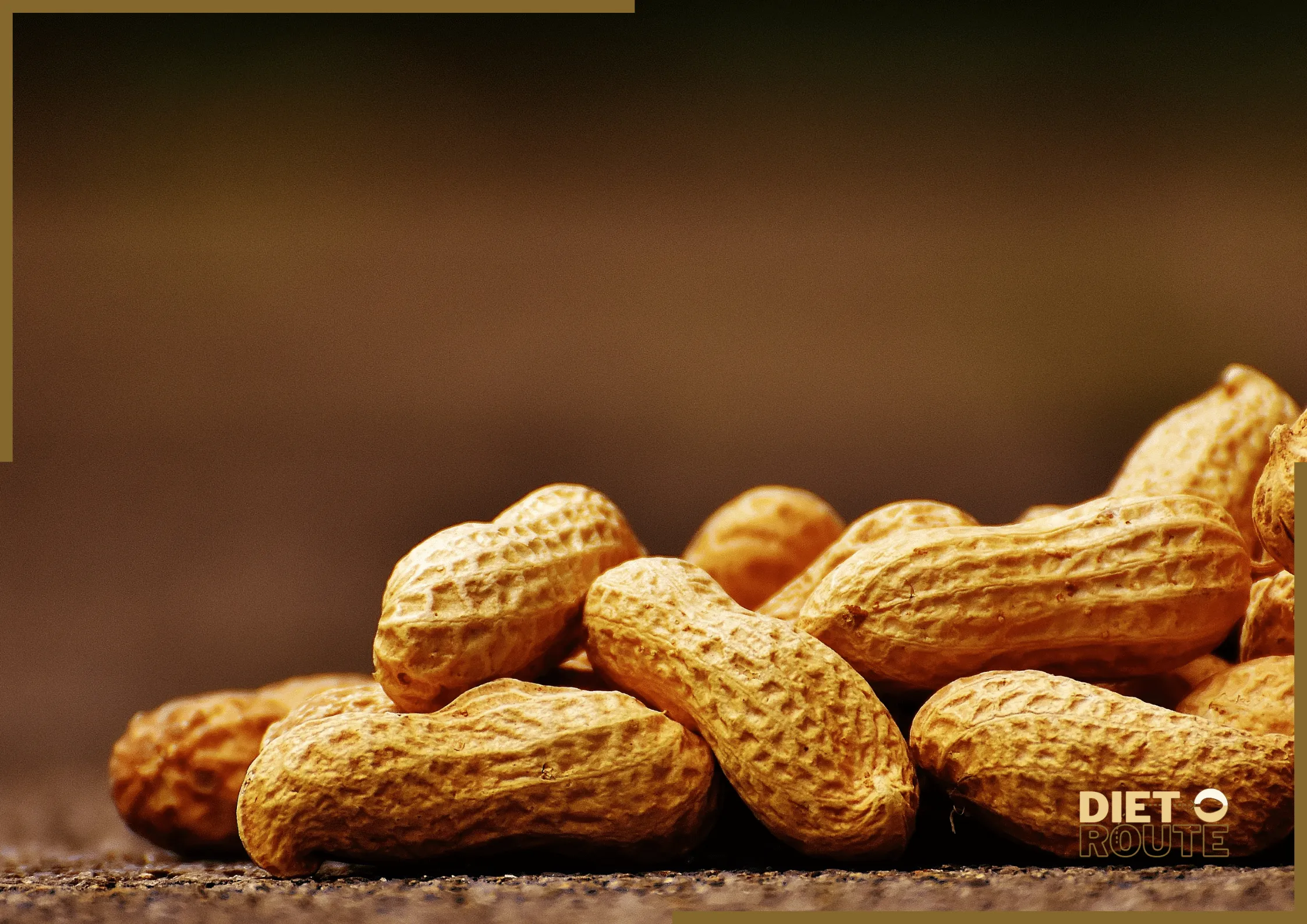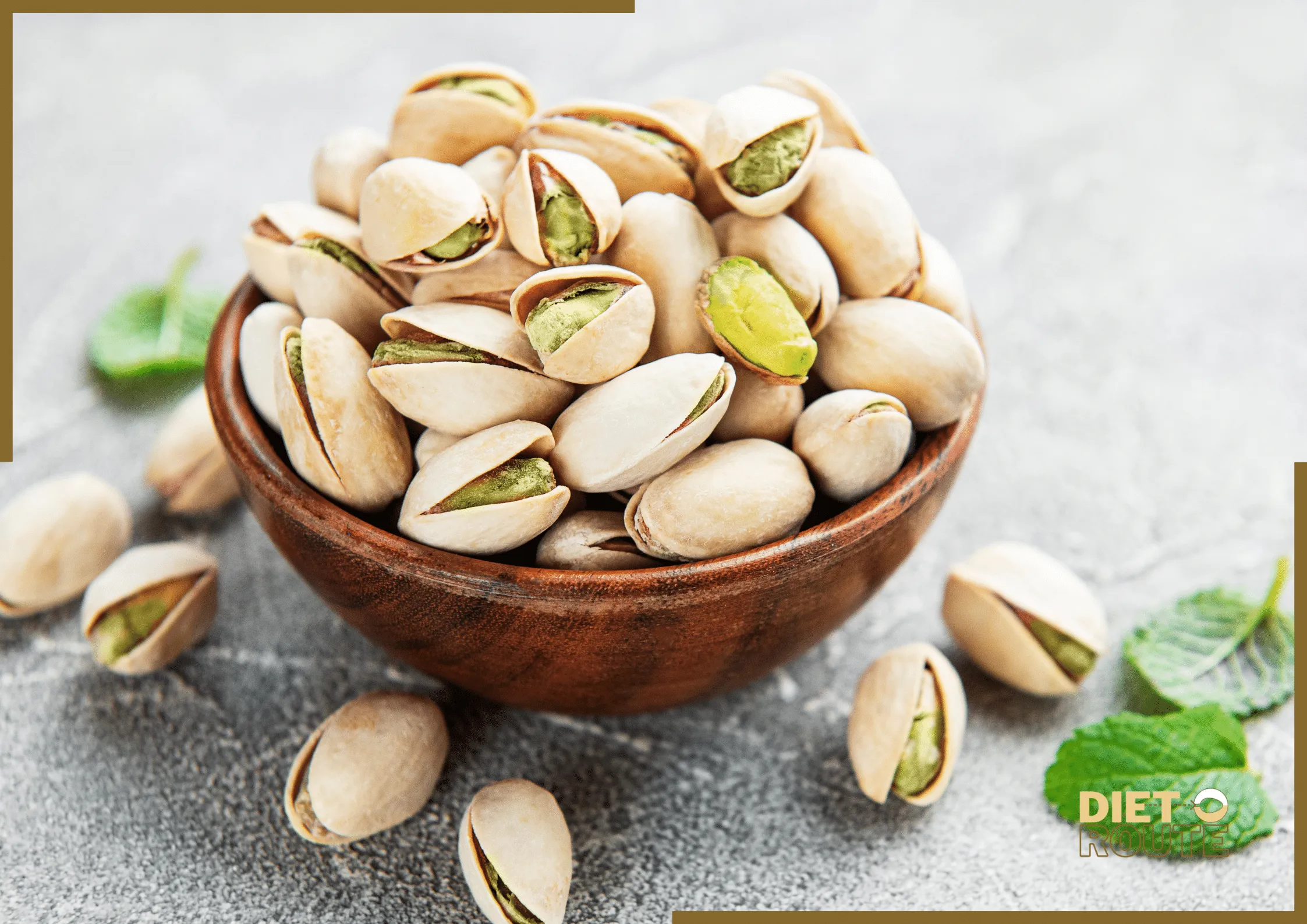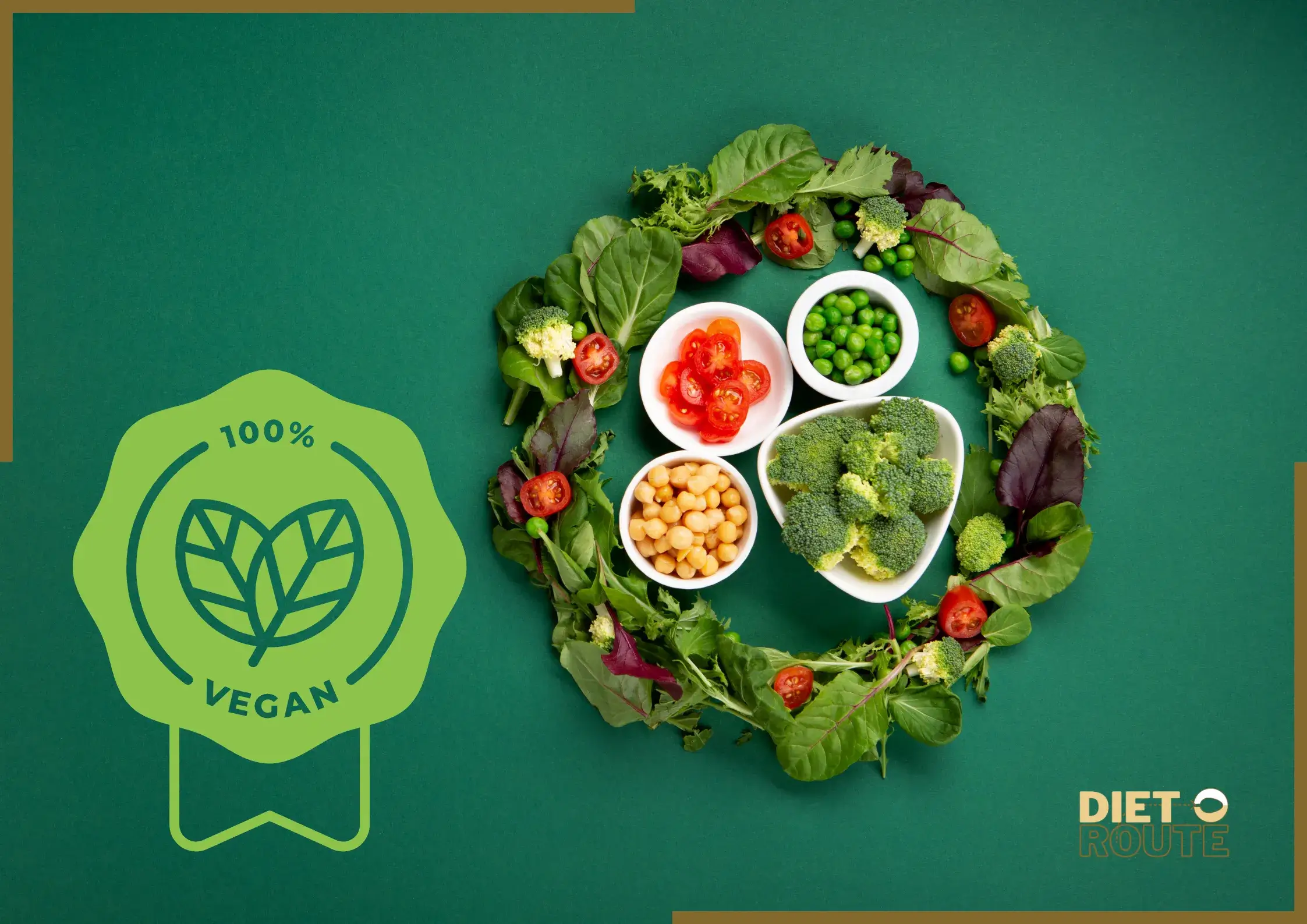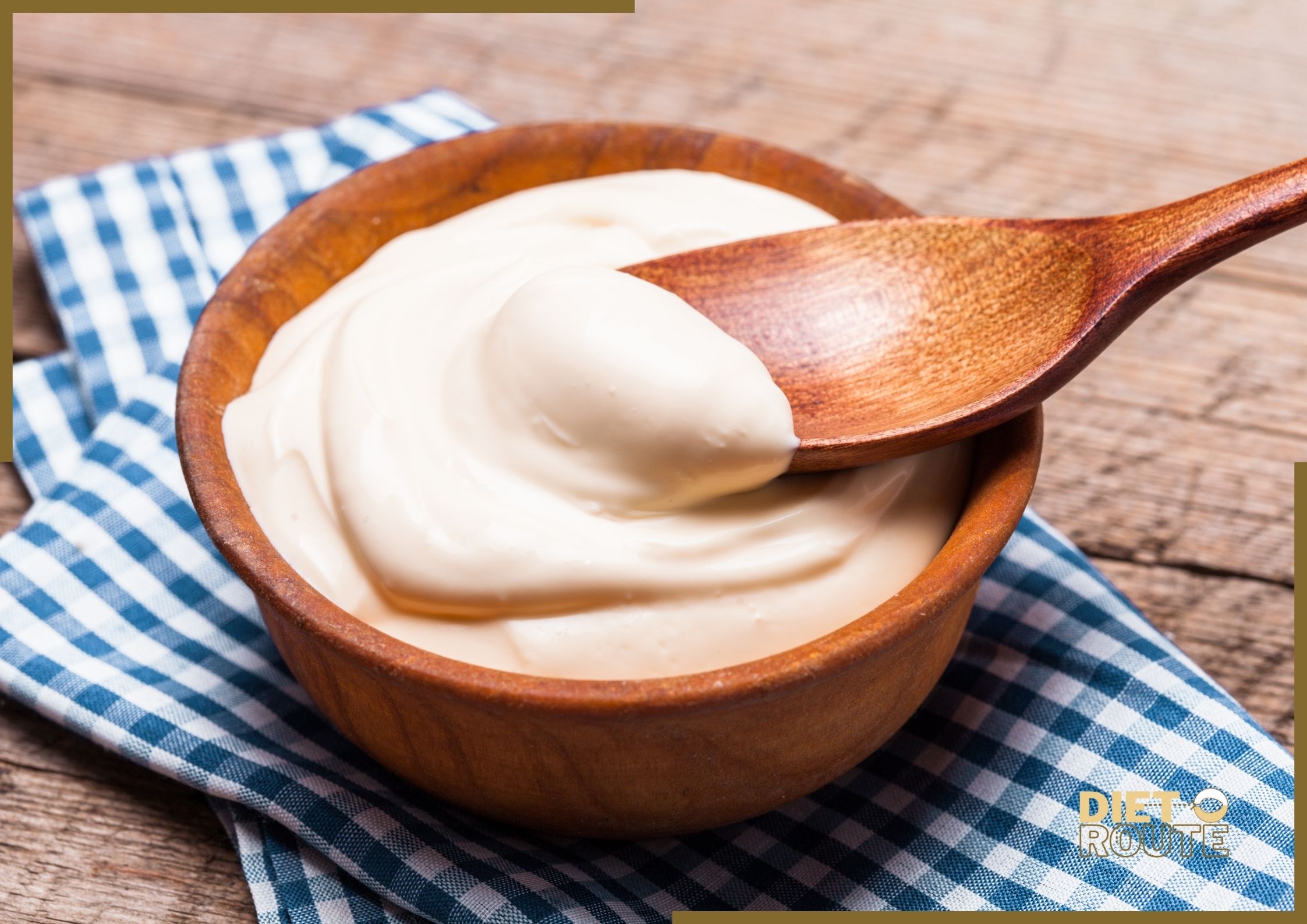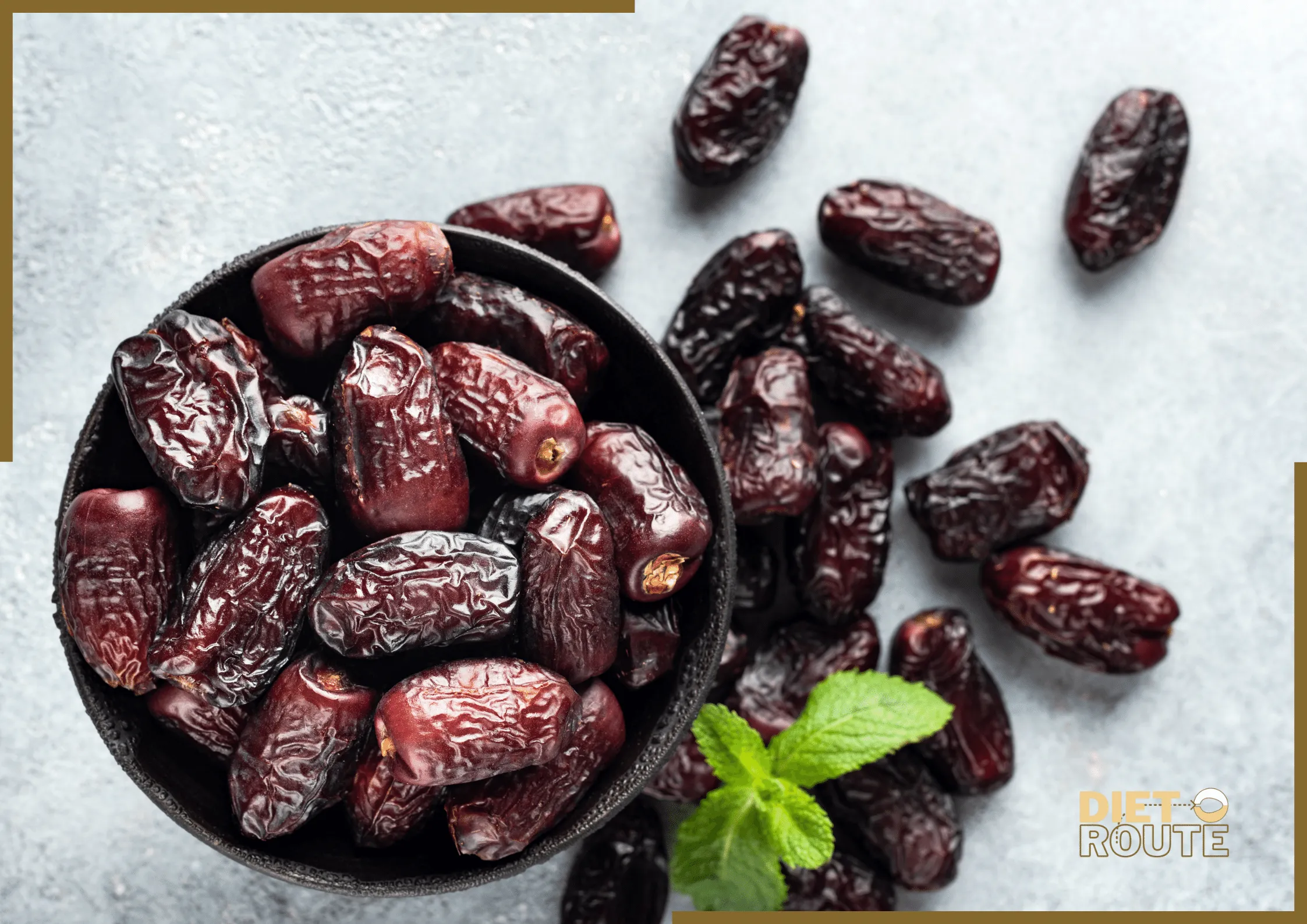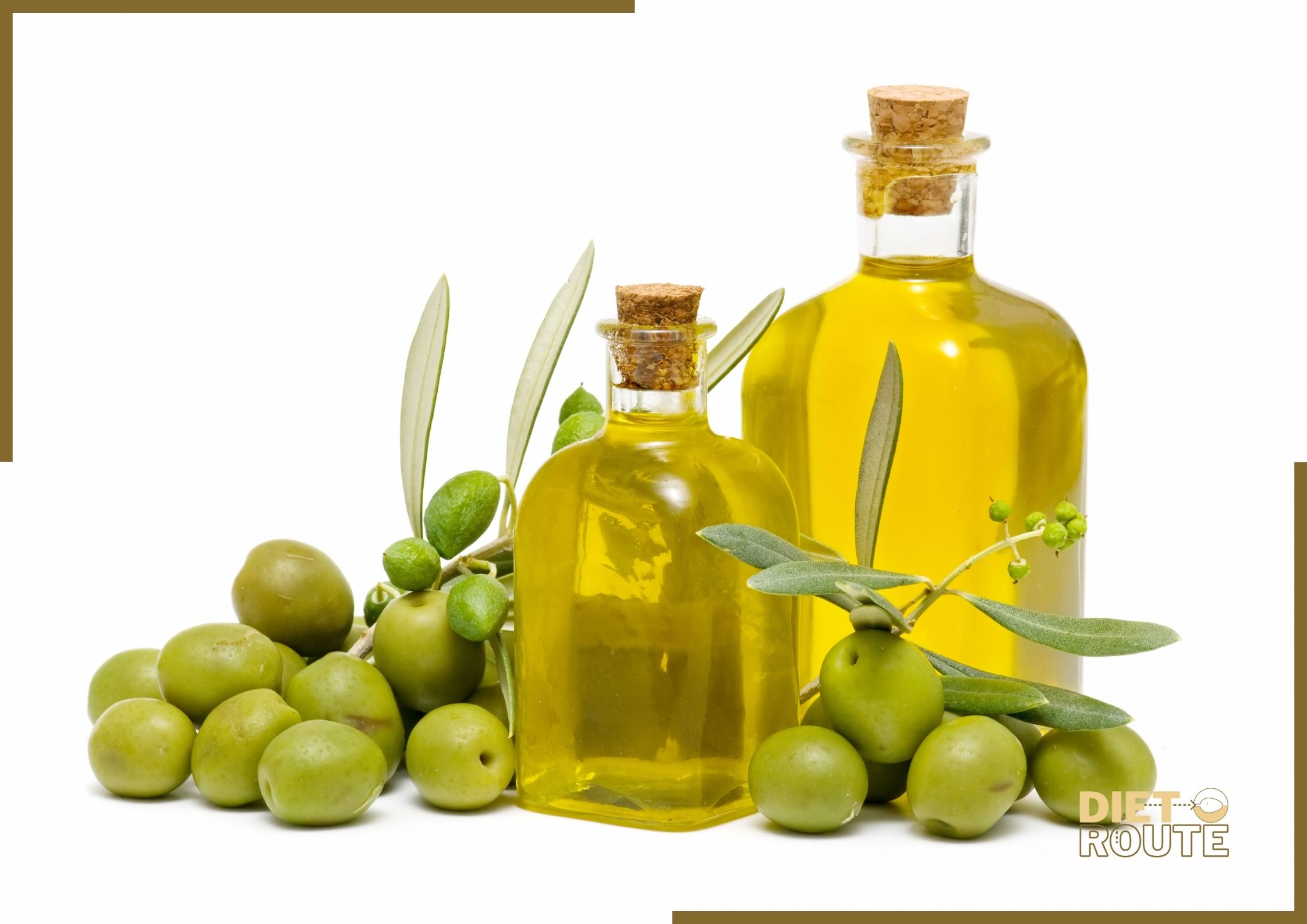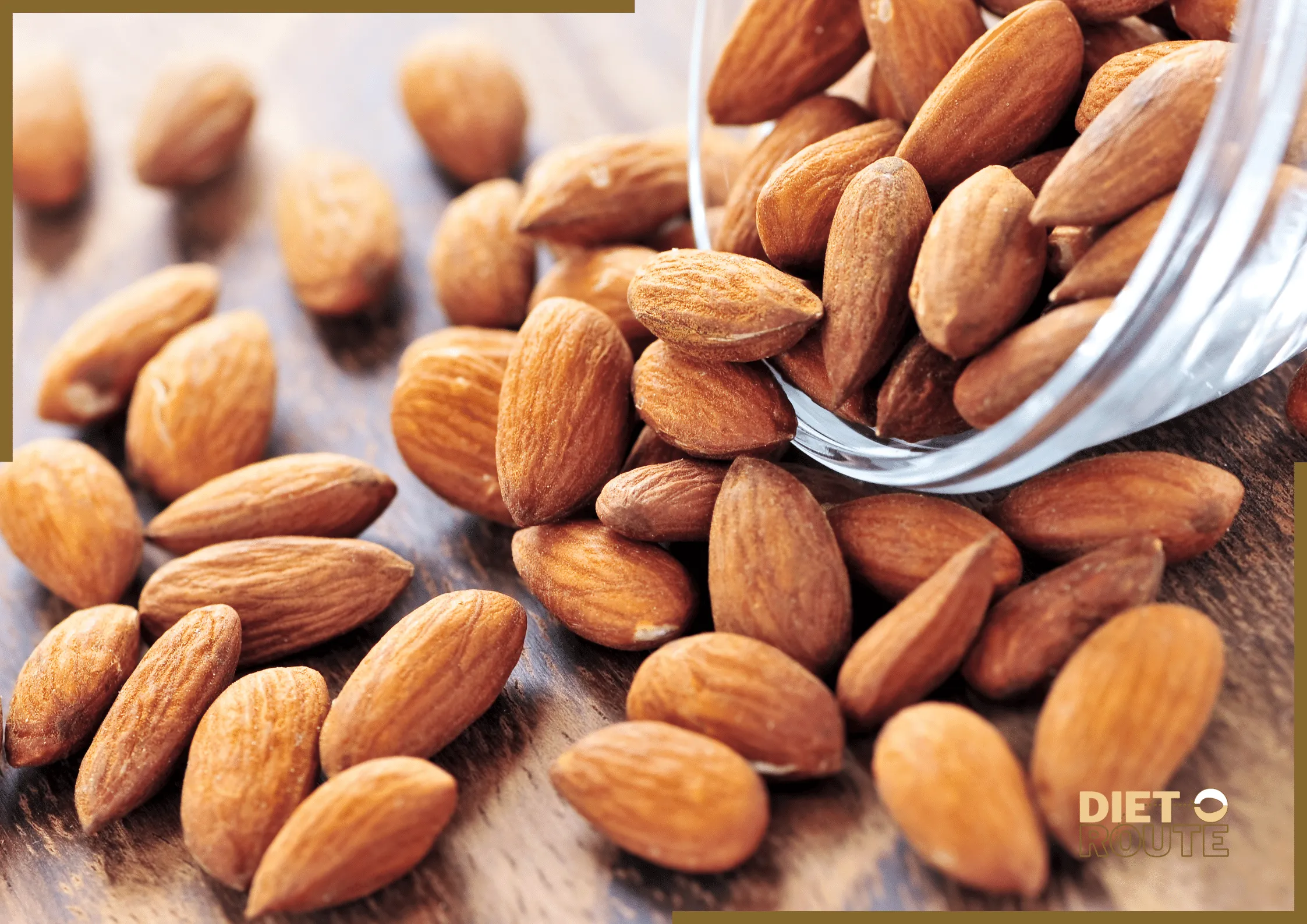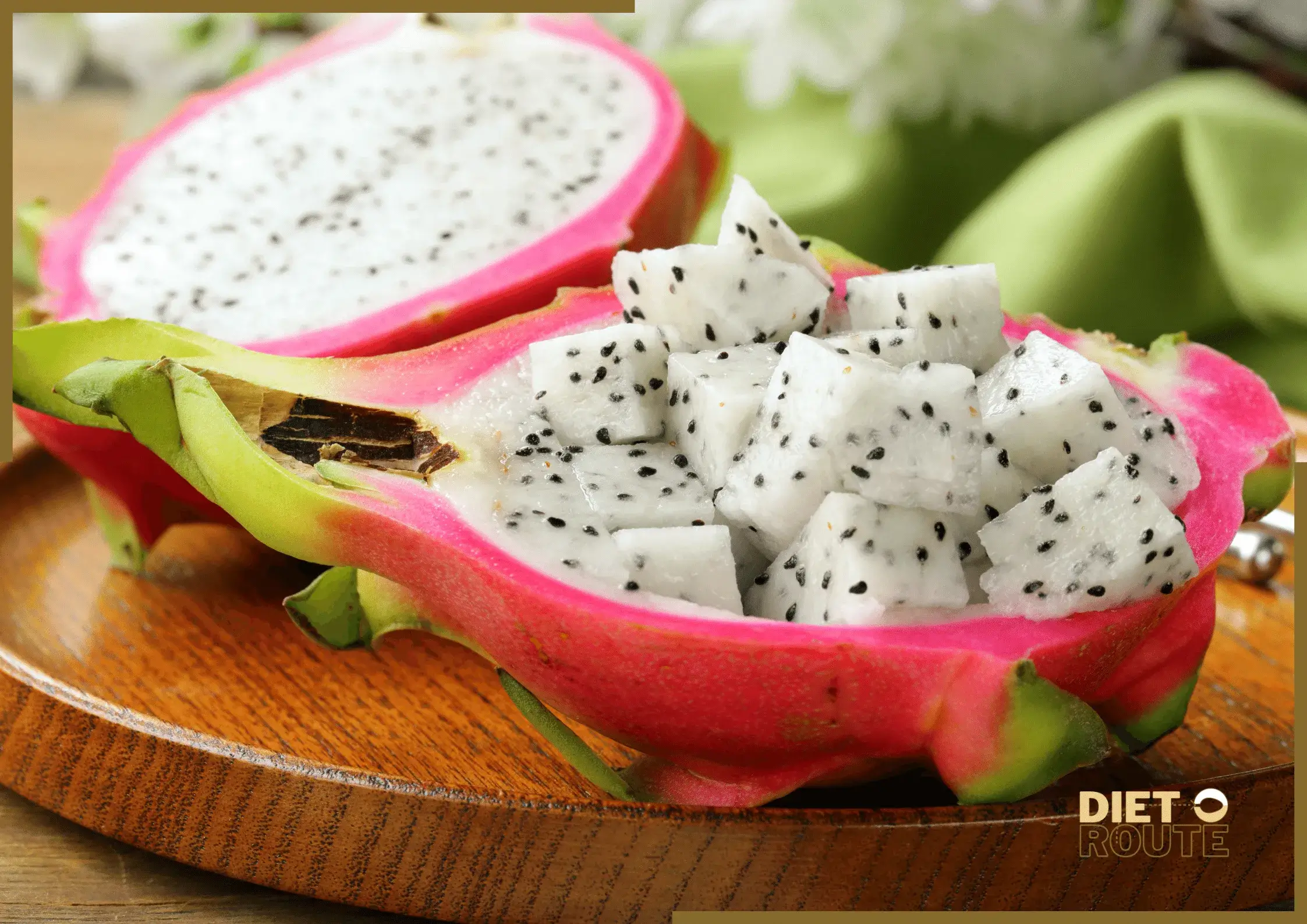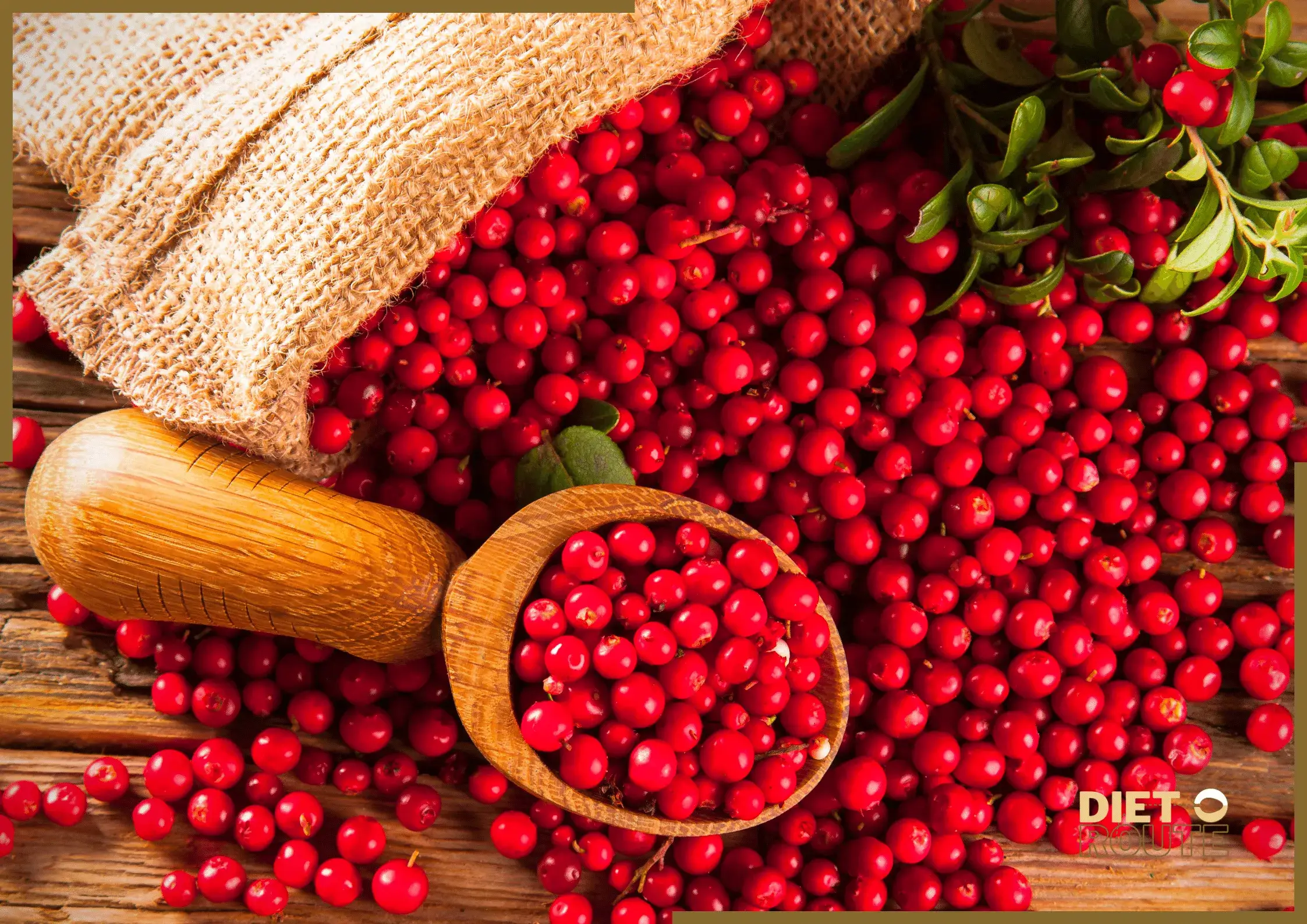Table of Contents
Introduction
Peanuts are a highly sought-after legume renowned for their versatility and delicious taste. This article provides a tabular representation of the nutritional value of peanuts, along with the daily percentage value. Discover the advantages and disadvantages of incorporating into your diet as we address ten commonly asked questions (FAQs) about these wholesome legumes. Explore the advantages and factors to keep in mind when adding them to your meal plan.
Nutritional Value Approximately 100g
The values provided are approximate can vary depending on the size and ripeness.
| Nutrient | Amount Per 100g | % Daily Value* |
|---|---|---|
| Calories | 567 kcal | 28% |
| Carbohydrates | 16 g | 5% |
| Fiber | 8.5 g | 34% |
| Protein | 25 g | 50% |
| Fat | 49 g | 75% |
| Saturated Fat | 6.9 g | 34% |
| Monounsaturated Fat | 24 g | – |
| Polyunsaturated Fat | 15 g | – |
| Potassium | 705 mg | 20% |
| Magnesium | 168 mg | 42% |
| Vitamin E | 8.3 mg | 42% |
| Calcium | 92 mg | 9% |
*Percent Daily Values (% DV) are based on a 2,000-calorie diet.

Pros
1.Peanuts are a nutrient-dense food, rich in protein, healthy fats, fiber, vitamins, and minerals.
2. They are rich in monounsaturated fats that can aid in lowering bad cholesterol levels and promoting heart health.
3. They are a great source of antioxidants such as resveratrol, which can provide benefits for heart health and reduce inflammation.
4. They are an excellent plant-based protein source, ideal for individuals following a vegetarian or vegan diet.
Cons
1.They have a high allergenic potential and can cause severe allergic reactions in individuals with peanut allergies. It is recommended that those with peanut allergies avoid consuming peanuts.
2. They have a high calorie content, making portion control crucial, particularly for those following a calorie-restricted diet.
Frequently Asked Questions (FAQs)
1. Is dietary fiber a significant component of peanuts?
They are a great source of dietary fiber, which can aid in digestion and promote a sense of satiety.
2. Is it possible to add peanuts to a weight loss meal plan?
They are a great source of nutrients, but they have a high calorie content. Moderate consumption of these foods is crucial for maintaining a well-balanced diet and managing weight.
3. Is it safe for people with diabetes to eat peanuts?
They are a great addition to a diabetes-friendly diet because of their low carbohydrate content and beneficial nutrient profile. Importance of Portion Control for a Healthy Diet.
4. Is it safe for people with nut allergies to consume peanuts?
They are classified as legumes rather than nuts, however, they may still trigger allergic reactions in people who have peanut allergies. It is advisable to seek advice from a healthcare expert prior to consuming in case of any known allergies.
5. Is it healthy to snack on roasted peanuts?
Roasted ones make for a nutritious snack choice, but it’s crucial to opt for unsalted or lightly salted options to prevent consuming too much sodium.
6. Are Omega-3 Fatty Acids Present in Peanuts?
They are a rich source of monounsaturated and polyunsaturated fats, with a small quantity of omega-3 fatty acids.
7. Are peanuts good for brain health?
They are a great source of nutrients such as vitamin E and resveratrol, which are linked to promoting brain health and safeguarding against cognitive decline.
8. What are the risks of eating peanuts?
Aflatoxins, naturally occurring toxins produced by certain molds, may be present in them. Minimizing the risk can be achieved through appropriate handling and storage.
9. Is it possible to incorporate peanuts into a gluten-free diet?
They are a safe and natural gluten-free option for those with celiac disease or gluten intolerance.
10. What is the best way to store peanuts to maintain their freshness?
To keep them fresh and prevent rancidity, it is recommended to store them in a cool and dry place in an airtight container.
In a Nut Shell
Peanuts are a highly nutritious legume with a dense nutrient profile. These are a great source of protein, nutritious fats, fiber, and vital vitamins and minerals. Adding to a well-balanced diet can offer numerous health advantages, such as promoting cardiovascular health and supplying antioxidants for protection. Individuals who have peanut allergies must steer clear of them. Additionally, it is crucial to practice portion control as they are high in calories. For personalized guidance on incorporating into your diet, it is recommended to seek advice from a healthcare professional.
